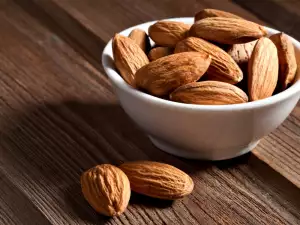Results from studies indicate that we must abstain from drinking coffee until 10 am. The reason is that during the early morning hours the levels of the hormone cortisol in the body are at their highest and drinking caffeinated drinks while levels of it are high can cause problems.
Cortisol is well known as the hormone of stress but it is important for many functions in the human body. Excess amounts, as well as deficiency of the hormone, can lead to numerous health problems.
Caffeine affects the production of cortisol - after you drink a cup of coffee, the body produces less of the hormone and begins to rely on the beverage more and more.
Further, when we drink coffee during already high levels of cortisol, the person builds a resistance to caffeine, explain experts. This is why some people complain that the drink no longer affects them as it did before.
Experts clarify that there are 3 main peaks during the day when the levels of cortisol are extremely high. These cortisol peaks are most substantially expressed between the hours of 6 and 10 in the morning and it is therefore best not to consume coffee during those hours.

You don't need to quit the bitter drink altogether, simply move it over to a time frame when the levels of cortisol are at their lowest so there's actually a point to the refreshing beverage. The ideal time for drinking coffee is between 10 and 12 in the morning, as well as the afternoon hours - from 2 PM to 5 PM.
Of course besides when, you also need to be careful of how much coffee you drink throughout the day - according to studies, more than 4 refreshing drinks per day are harmful for the body. The recommended daily dose is 400 mg of caffeine for adults.
The health risk comes not only from coffee but all foods and drinks that contain caffeine - usually, coffee substitutes are refreshing energy drinks.
They are primarily consumed by youth, with data indicating that the highest number of such beverages in Europe are drunk in Denmark - more than 33% of people consume more than 400 mg caffeine daily.




















Comments